Governments' economic policies are a form of gender-based violence
Governments responding to the cost of living crisis with more spending cuts to public services are carrying out gender-based violence.
These cuts affect women, girls and non-binary people most. And deepen inequality.
This 16 Days of Activism Against Gender-based Violence it’s time to campaign against economic violence.
What is gender-based violence?
What is austerity?
“Austerity is a political choice – there are alternatives. As the report shows, progressive wealth tax of between two per cent and 10 per cent on the world’s millionaires and billionaires could raise $1.1 trillion more than the annual average savings that governments are planning through austerity.”
Mona Mehta, Gender Justice Lead, Oxfam GB.
A wealth tax on the world's richest people can raise almost $1 trillion more than the savings that governments are planning in 2023
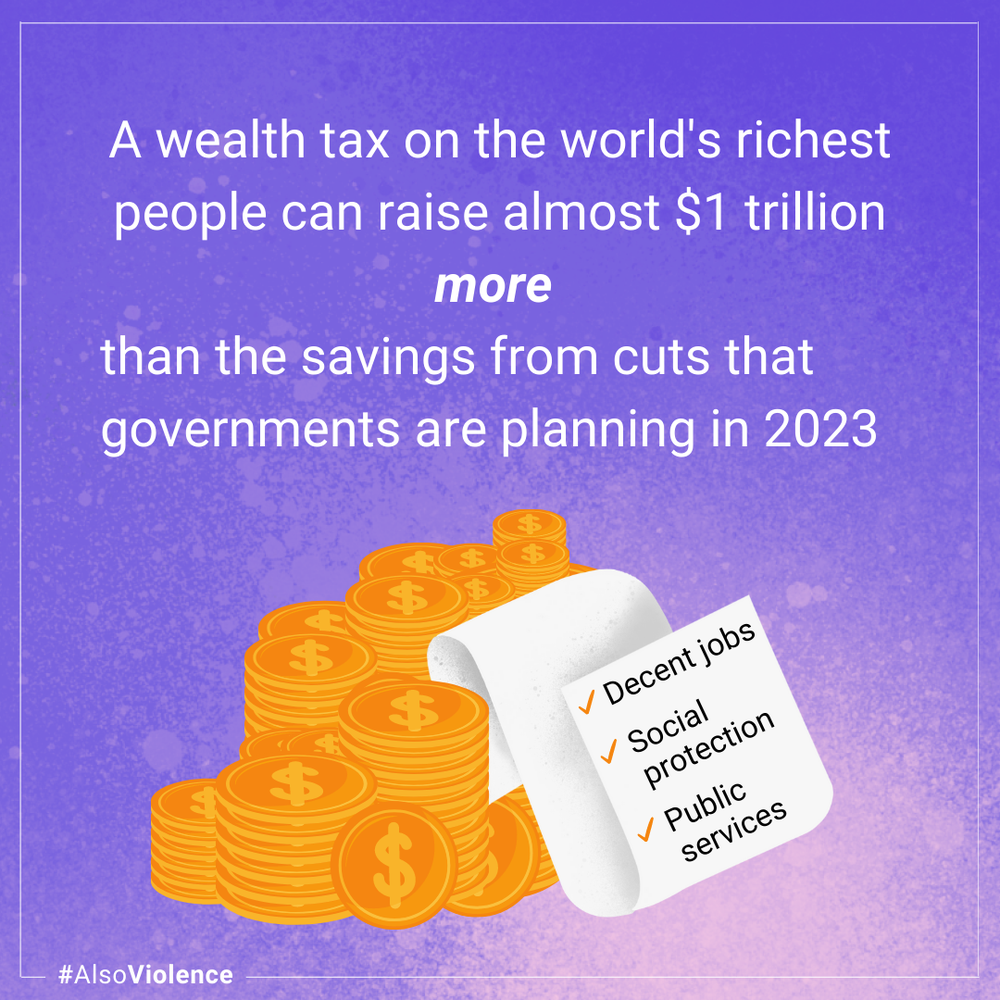
How is austerity a form of gender-based violence?
Three ways governments' cuts hit women hardest
“The crisis we face runs much deeper. We’re paying the price of unchecked systemic inequality. And it’s painful, for those living in poverty here in the UK and across the world.”
Danny Sriskandarajah (Oxfam GB CEO, 2019-2023) - This isn't a cost of living crisis, it's an inequality crisis
54% of the countries planning futher cuts to social protection already offer minimal to no maternity and child support.
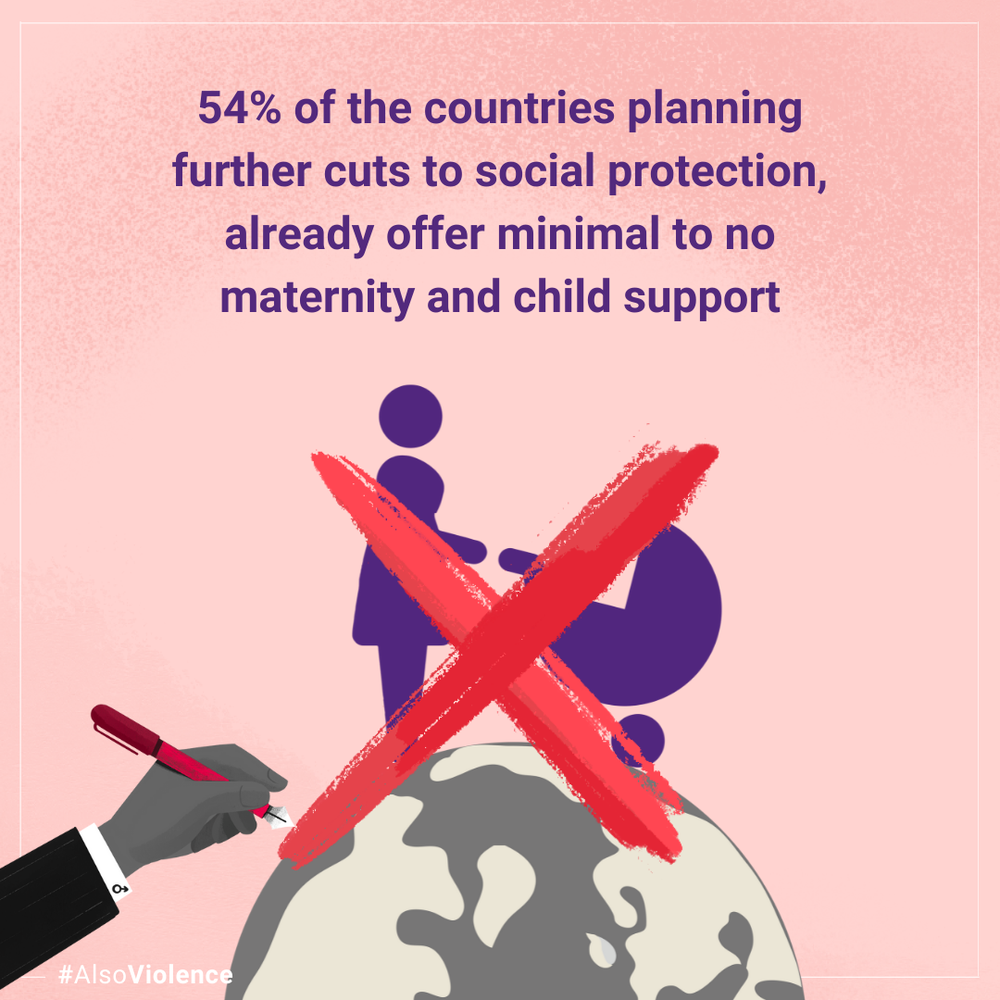
Governments' are treating women as expendable
Economic violence is rooted in beliefs about who matters
“The narrative during the pandemic may have been an ‘economic shutdown’ – yet the reality was women doing huge amounts of extra unpaid care at home, working overtime as ‘teachers’, ‘cooks’ and ‘nurses’.”
Anam Parvez, Head of Research, Oxfam GB.
It’s time for an economic rethink
What is Oxfam doing to end economic violence?
More posts like this
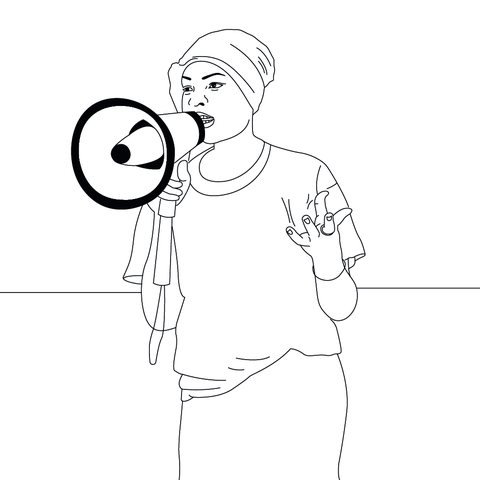
To value all women's work, we must redefine what 'work' means so it includes all the work women do – paid and unpaid.
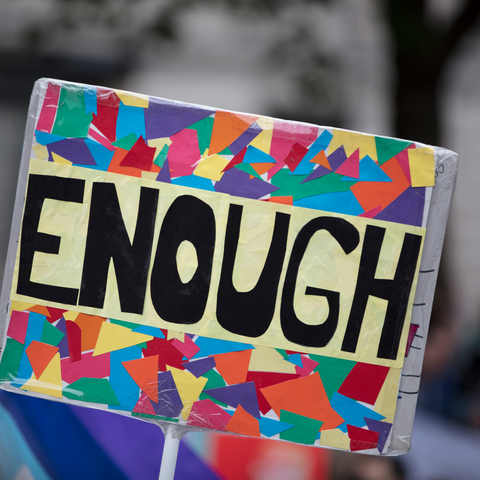
– Good public services, decent work and support are crucial to tackle financial abuse. This is why they are a priority for trade unions in the UK.
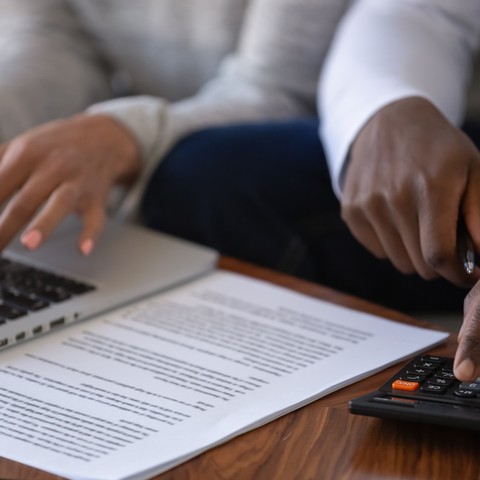
– Far from being ‘in this together', working class ethnic minority women, including migrants and refugees, are among those worst affected by the evolving cost-of-living crisis.
